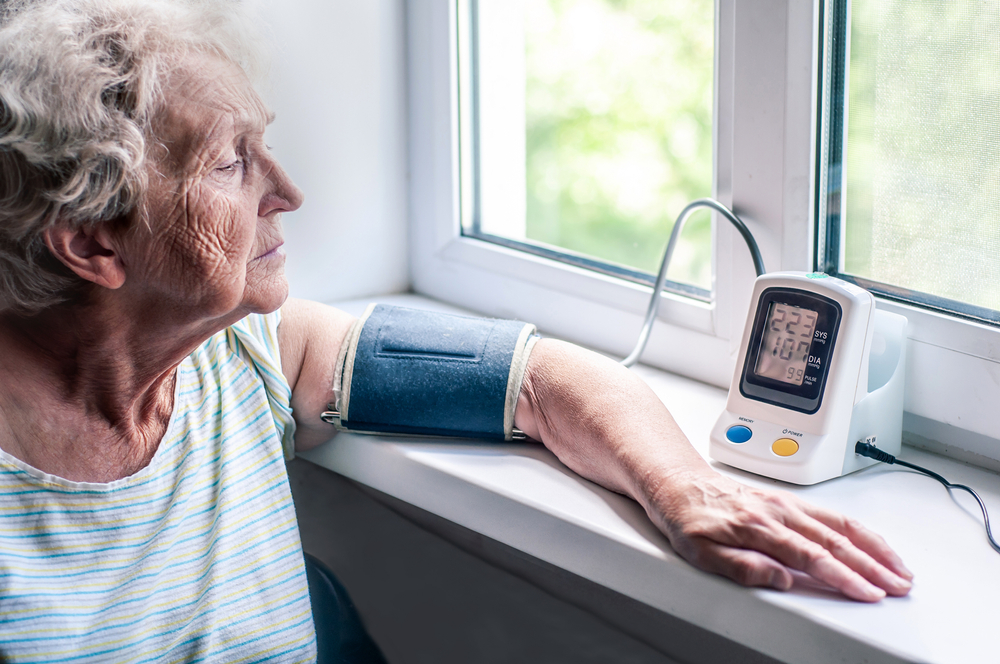Six Reasons Why VA Denied Your Disability Benefits Claim For Hypertension
If your VA disability benefits claim for hypertension was denied, you can appeal to the VA office within one year of the denial. It's essential, however, to comprehend the shortcomings of your initial application to understand the specific evidence required for your appeal.

The VA may have denied your claim for various reasons, and here are six of the most common ones.
Reasons Why You Receive A Denial From VA For Your Hypertension Disability Claim
Unfortunately, VA disability claim denials are common. Causes that led to the denial of your claim include:
You Submitted The Wrong Claim Form
The VA's website is filled with a vast array of forms, constantly adding new ones and updating existing versions. It's not uncommon to unintentionally fill out the wrong form or an outdated version, resulting in the VA rejecting the claim or appeal without notifying you of the rejection.
You Forgot The Submission Deadline
Perhaps the VA requested more information, but you couldn't provide it in time. You must recognize that life can be unpredictable. So it's essential that you diligently manage all the paperwork deadlines and attend all your medical appointments timely.
You Couldn't Prove That You Have Service-Connected Hypertension
The decision-makers at the VA have limited insight into your life and experiences. All they rely on is the paperwork they receive. However, when you collect all your medical records and important documents, you can get your disability claim easily approved by VA.
You must have the information that should be added in your claim application to comprehend precisely what the VA requires to establish crucial service-related connections for your claim.
You Could Not Provide Enough Medical Evidence
The success of a VA Claim application hinges on the supporting evidence of your service-related disability.
This evidence may take various forms, including medical records, buddy statements, and service records.
Insufficient evidence of disability in a veteran's claim often leads to a denial by the VA.
The eligibility criteria for disabilities and the compensation level for each veteran depend on strict guidelines, which specify the types of medical conditions that qualify as disabilities and the extent of their impact.
You Couldn't Show Up To Your C&P Exam
In many instances, the VA will request you to attend a Compensation & Pension examination as part of your disability claim.
This examination evaluates the severity of your current disability and determines if the condition is service-connected, making you eligible for compensation.
There are several critical aspects to consider during these appointments that can potentially lead to adverse effects on the results of a disability claim.
They can vary from having an examiner who may not be qualified to evaluate your specific disability, appointments being made without adequately informing a veteran, rushed or excessively lengthy meetings, important tests or questions being skipped, and more. These aspects can significantly affect the results of a disability claim.
In case this occurs, it is imperative to notify the VA promptly. These appointments are significant in the VA disability benefits claims process and should be treated as such.
Your VA Disability Rating Couldn't Qualify You For Hypertension Benefits
Despite being acknowledged by the VA as having a service-connected diagnosis, you might still receive a disability rating that does not accurately impact the severity of your medical condition.
If a veteran is assigned a rating below 10%, they will not be eligible for compensation, resulting in the VA denying any financial benefits for their VA disability claim.
Offering supplementary evidence of your disability, including more medical records, buddy statements, medical bills, service records, etc., can increase your rating.

